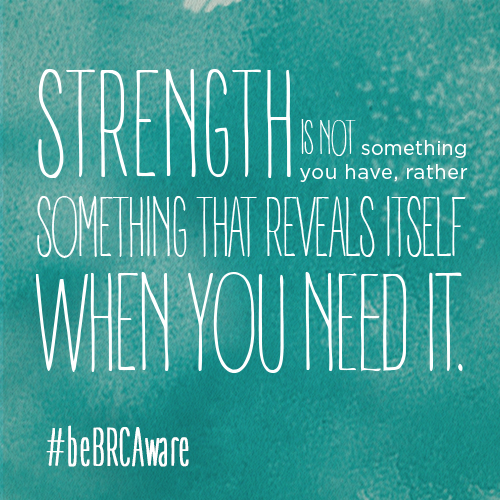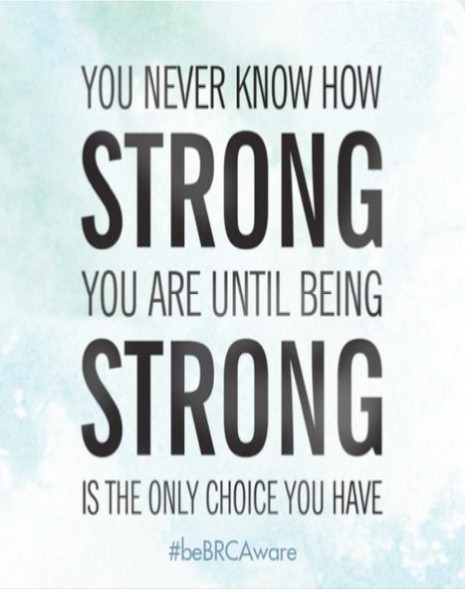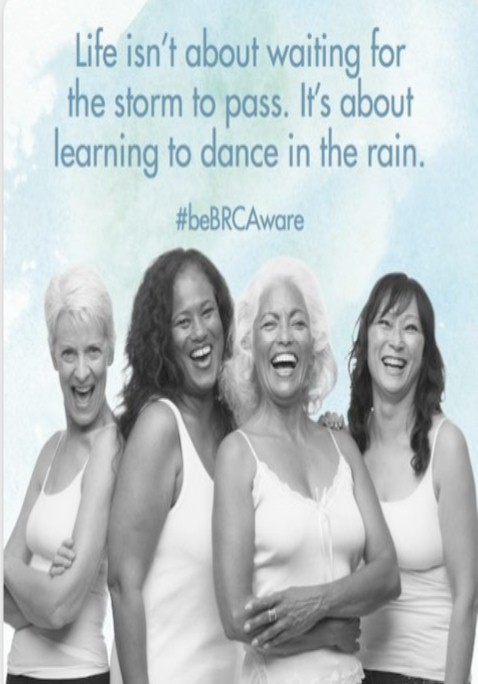I received $150 from AstraZeneca, and any opinions expressed by me are honest and reflect my actual experience. This is a sponsored post for SheSpeaks/AstraZeneca
There are so many options now to help monitor and control your potential risks for developing ovarian or other reproductive system cancers. Awareness and monitoring of your HPV status is important, but there is another test you can take that will help you know your risk and make your wellness care decisions accordingly. You should check out the beBRCAware website for more information!
BRCA1 are BRCA2 are genes that are involved with cell growth, division, and repair. Mutations on these genes are most commonly associated with breast cancer, but they are also linked to around 15% of women with ovarian cancer. The good news is that there is a simple test that ca be administered to evaluate your genetic risk factors for this BRCA mutation. A simple blood or saliva sample can be taken at your physician’s office or at a local lab. In the United States, results are usually available in 2 to 3 weeks. Additionally and importantly, BRCA status in ovarian cancer affects treatment outcomes, and there are targeted treatment options available specifically for women with BRCA mutations.
My grandmother found out she had breast cancer the same week I found out I had HPV. I had been in a committed relationship for many years so it was quite surprising to me. I was incredibly scared because some strains of HPV are said to cause ovarian cancer. I had to have a colposcopy which was not fun. Then they froze the cells on my cervix to make sure. I am still cancer free and my grandmother is in remission from breast cancer. A common misconception is that only those with a family history of breast or ovarian cancer should be tested for the BRCA mutation. The truth is that family history and age are poor predictors of BRCA status in ovarian cancer patients. It’s important that all women with ovarian cancer be tested for the gene, regardless of their age or family history. National guidelines from many organizations such as NCCN, ASCO, and SGO are recommending that all women diagnosed with epithelial ovarian cancer undergo BRCA testing. Since approximately 15% of ovarian cancer patients carry the BRCA gene mutation, it’s vital that they are identified early. With the mutation identified, doctors will be able to precisely tailor treatment to a patent’s specific genetic profile, and open up additional avenues of treatment.
The American Cancer Society estimates that more than 21,000 new cases of ovarian cancer will be diagnosed in the Unites States in 2015, and that a woman’s risk of developing ovarian cancer is 1 in 73. Symptoms often resemble other common ailments, so rapid diagnosis can be delayed.
To raise awareness of the importance of ovarian health and the ability to detect the BRCA gene, please consider sharing this information with your friends and family. Let them know that a simple genetic test can let them know their risk levels. Please share one of the images or videos below on social media with the hashtag #BeBRCAAware and help educate others on women’s choices and options when it comes to ovarian cancer risks and options. You can also visit the beBRCAware Facebook, Twitter, and Youtube pages!









My sister and I are waiting to get the results of my mom’s BRCa test to pass along to our doctors.